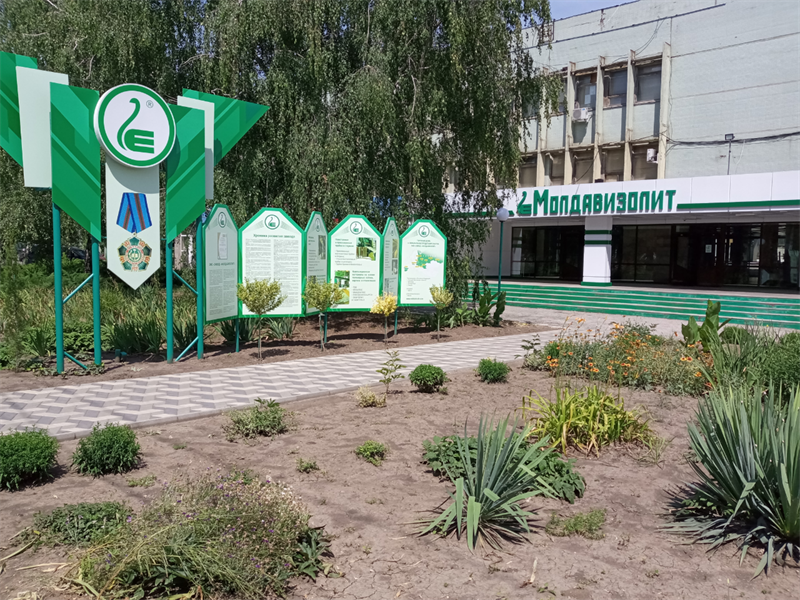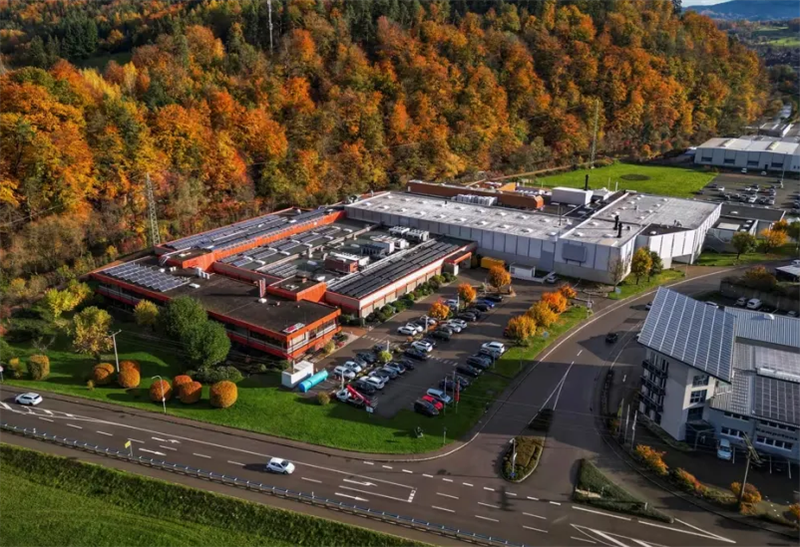The European printed circuit board (PCB) industry is facing significant challenges, with both Moldovan manufacturer Moldavizolit and German-based Würth Elektronik taking drastic measures due to export difficulties and economic pressures.
Moldavizolit Suspends Operations Amid Export Issues
Moldavizolit, a key player in PCB laminate production, has been forced to halt operations at its Tiraspol factory after struggling to secure export permits. Since mid-2023, the company has faced delays after its products were classified as dual-use, suitable for both civilian and military applications, raising security concerns. Moldovan authorities have restricted the company’s export licenses, allowing only one permit for industrial waste to India since July. This has severely impacted Moldavizolit, which relies entirely on exports, leaving 530 workers on forced leave.

The company, which controls approximately 40% of the global semiconductor packaging materials market, described the situation as "catastrophic." Critics argue that the Moldovan government could have taken a more balanced approach by restricting exports to Russia while allowing sales to other countries, including Western markets.
Würth Elektronik Closes Schopfheim PCB Plant
Meanwhile, Germany’s Würth Elektronik announced the closure of its PCB production facility in Schopfheim, affecting over 300 employees. The decision comes as the European PCB industry faces a sharp decline in demand, exacerbated by rising energy and labor costs, and increased competition from Asian manufacturers. Würth Elektronik cited the "severe crisis" in the European PCB market as a primary reason for the closure.

Between 2000 and 2022, Europe’s share of global PCB manufacturing fell from 16% to just 2.3%, with many manufacturers closing operations. Würth Elektronik stated that its Schopfheim plant was particularly affected by cost pressures, with orders shifting to low-cost countries such as China. The company has begun discussions with employee representatives to negotiate a social plan for those affected by the closure.
Moving forward, Würth Elektronik plans to consolidate its PCB production at its remaining German facilities in Niedernhall and Rot am See, focusing on high-value, complex PCBs for industries such as medical technology and aerospace.

A Struggling European Market
These developments reflect a broader trend in Europe, where PCB manufacturers are grappling with fierce competition from Asia, rising costs, and uncertain economic conditions. As Moldavizolit struggles to resume exports and Würth Elektronik restructures its operations, the future of Europe’s PCB manufacturing industry remains uncertain.
+86 191 9627 2716
+86 181 7379 0595
8:30 a.m. to 5:30 p.m., Monday to Friday
